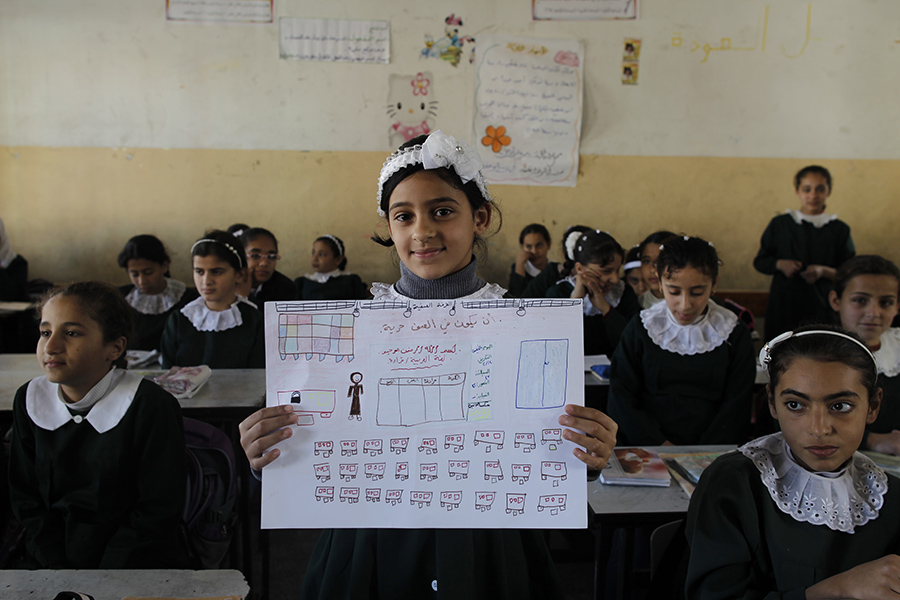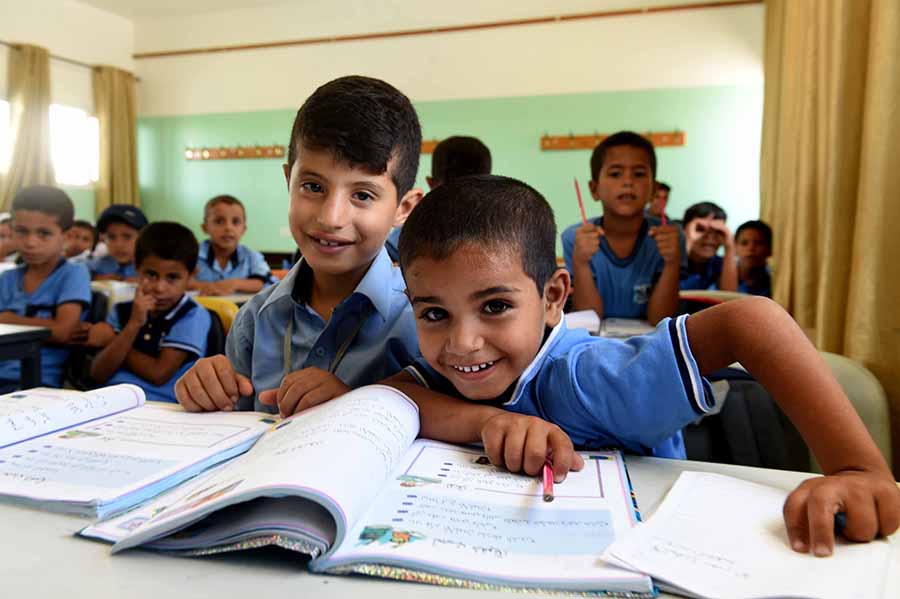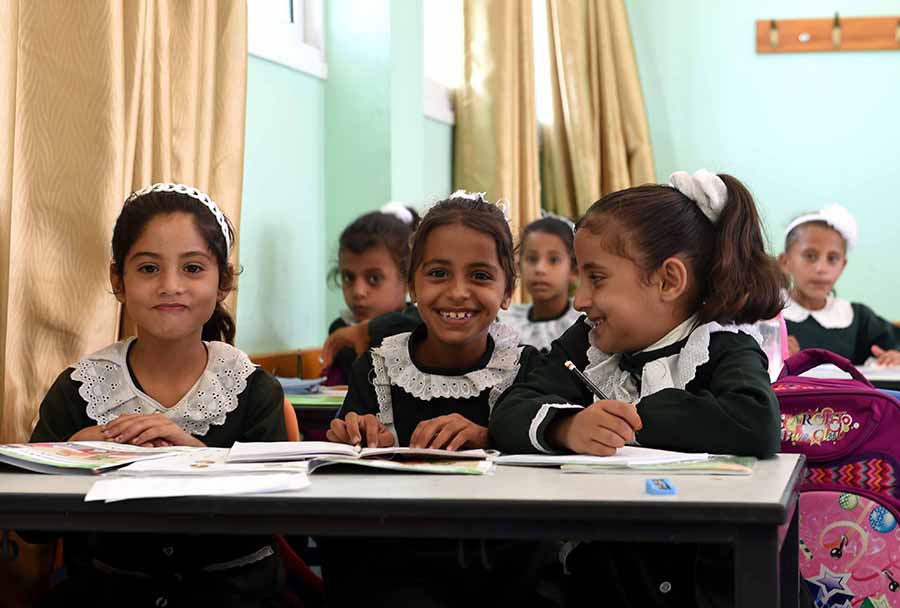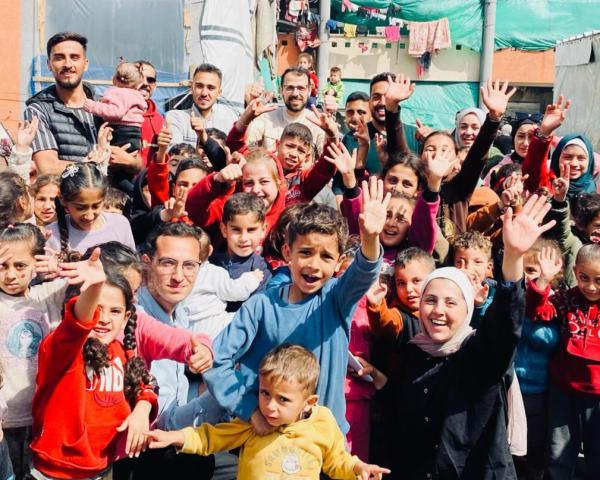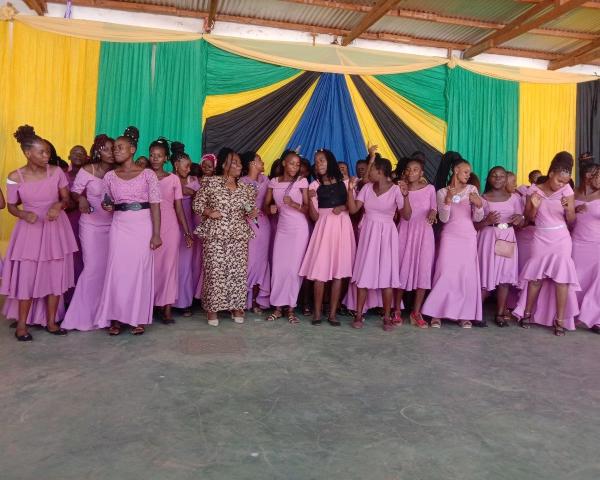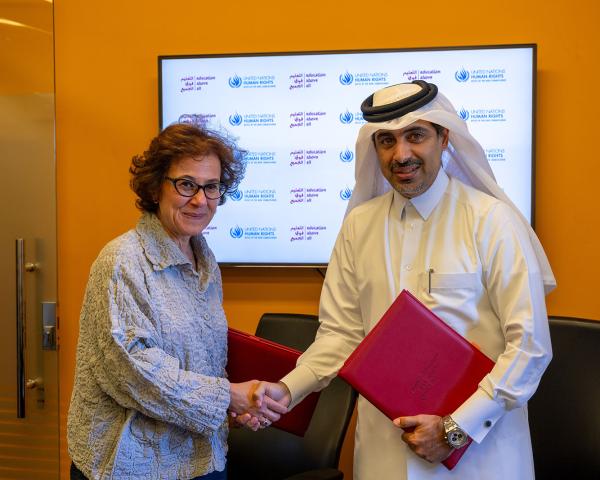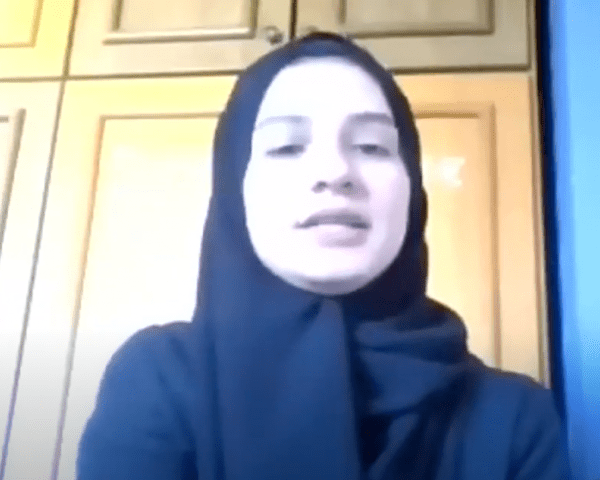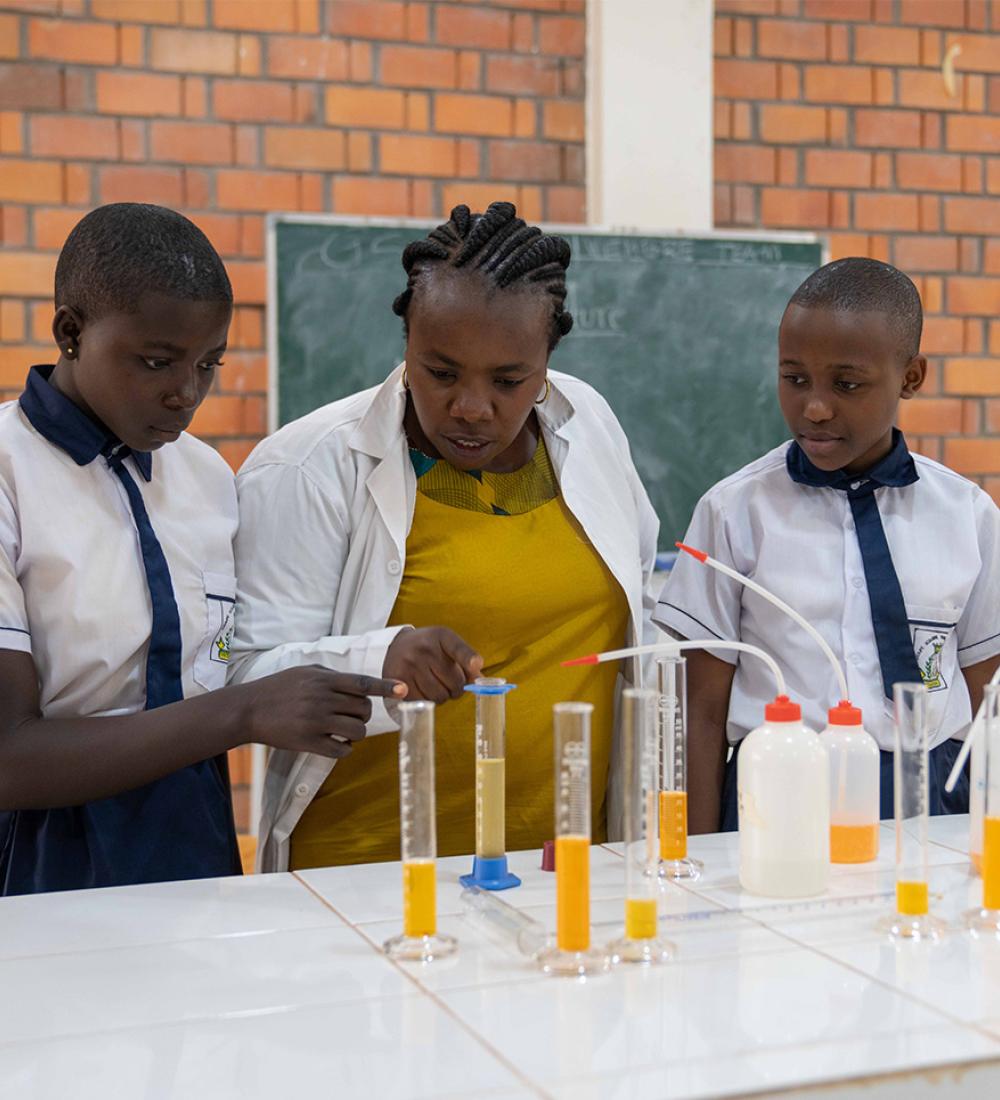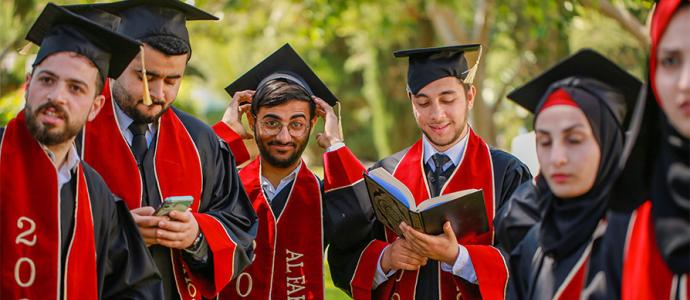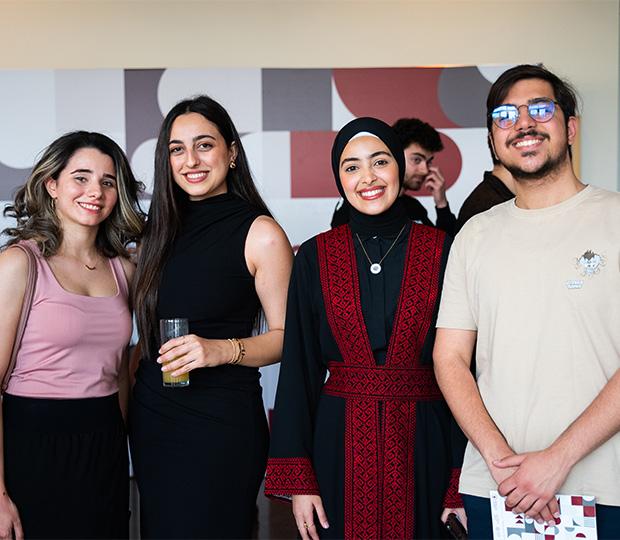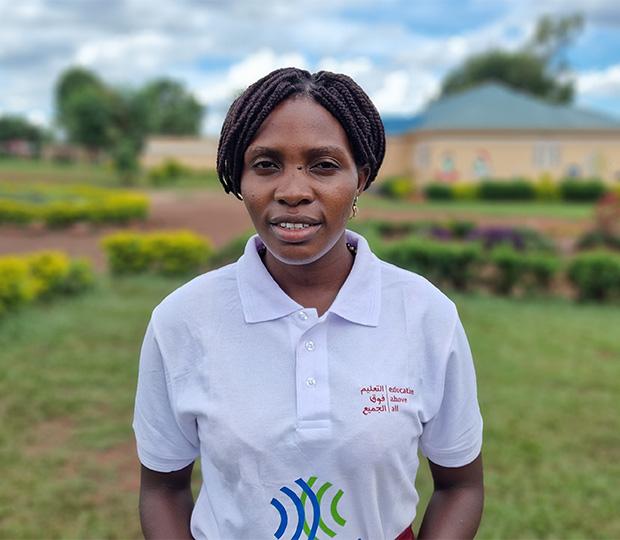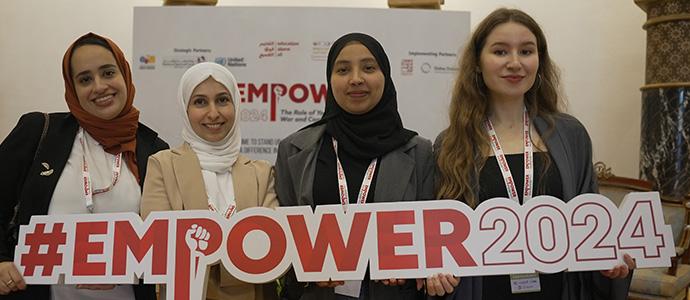Youth at the Centre of Recovery
One lesson from our work stands out: youth are not passive victims waiting to be saved; they are leaders with the potential to shape their own recovery. In the wake of the 2014 conflict, young people in Gaza stepped forward with remarkable courage and creativity. They initiated community learning programs, volunteered across neighbourhoods to support education continuity, co-created psychosocial and peer-to-peer support activities, and actively organised and facilitated educational and recreational community initiatives within their communities.
Today, with over 90,000 university students in Gaza facing an uncertain future, any meaningful recovery must start by placing youth at the heart of the process. This means genuinely listening to their voices, involving them in designing educational models that reflect their lived realities, and equipping them with the tools and opportunities to lead the rebuilding of their communities and institutions. Empowering youth is not a symbolic gesture, it is a strategic necessity for long-term recovery and resilience.
Transcending the Conflict Mindset: A Vision for the Future
In emergency contexts, there is often immense pressure to act quickly. But Gaza demands more than urgency; it demands vision. The concept of “Building Back Better,” guiding our 2014 response, remains as relevant today. Supported once again by QFFD, the response was a turning point in how we approached education recovery. This approach rejected quick fixes and looked beyond physical reconstruction to investing in systems, people, and long-term resilience.
What we learned in 2014 continues to shape our thinking. Rebuilding is about designing institutions resilient to future shocks, digitally enabled, community-rooted, and globally connected.
Recovery today must go further. It must create a future-proof higher education ecosystem by investing in governance, innovation, youth leadership, and strategic partnerships. Rebuilding Gaza’s universities cannot be about returning to what was; it must be about creating what could be.
From Tragedy to Transformation: A Collective Responsibility
Gaza’s future will not be built solely with concrete and aid. It will be shaped by young minds empowered to rebuild, question, create, and lead. Al Fakhoora was born out of conflict, but today, it symbolises hope, determination, and vision. As we look to rebuild Gaza, let us do so with boldness and resolve. Let us ensure education is never again collateral damage but the cornerstone of resilience, peace and renewal.
Talal Alhathal
Al Fakhoora - Director
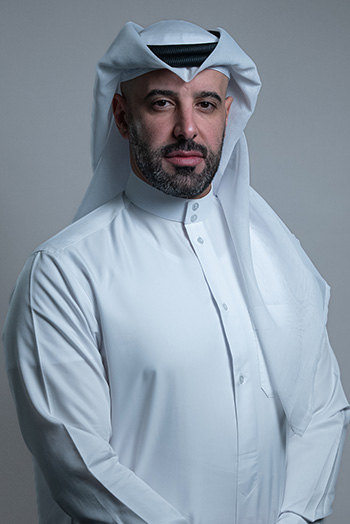 Talal Alhathal is the Director of the Al Fakhoora Programme at Education Above All, leading efforts to transform lives through access to quality higher education. His programme has provided scholarships for over 10,000 vulnerable and conflict-affected youth worldwide. He also managed the operation of Together programme, an initiative to ensure continuity of education for marginalized children and youth in Qatar. Since its inception, the Together programme has served over 10,000 students. With a strong background in strategy, monitoring, and risk management, Talal brings a data-driven and innovative approach to tackling educational inequality. Prior to his current position, Talal played a key role in establishing Education Above All's robust monitoring and risk management framework. Leveraging his expertise in strategy development, data analysis, and risk management, he has demonstrably improved the Foundation's operational efficiency and impact. Talal holds a Masters of Business Administration and a Bachelor’s degree in Political Science.
Talal Alhathal is the Director of the Al Fakhoora Programme at Education Above All, leading efforts to transform lives through access to quality higher education. His programme has provided scholarships for over 10,000 vulnerable and conflict-affected youth worldwide. He also managed the operation of Together programme, an initiative to ensure continuity of education for marginalized children and youth in Qatar. Since its inception, the Together programme has served over 10,000 students. With a strong background in strategy, monitoring, and risk management, Talal brings a data-driven and innovative approach to tackling educational inequality. Prior to his current position, Talal played a key role in establishing Education Above All's robust monitoring and risk management framework. Leveraging his expertise in strategy development, data analysis, and risk management, he has demonstrably improved the Foundation's operational efficiency and impact. Talal holds a Masters of Business Administration and a Bachelor’s degree in Political Science.







